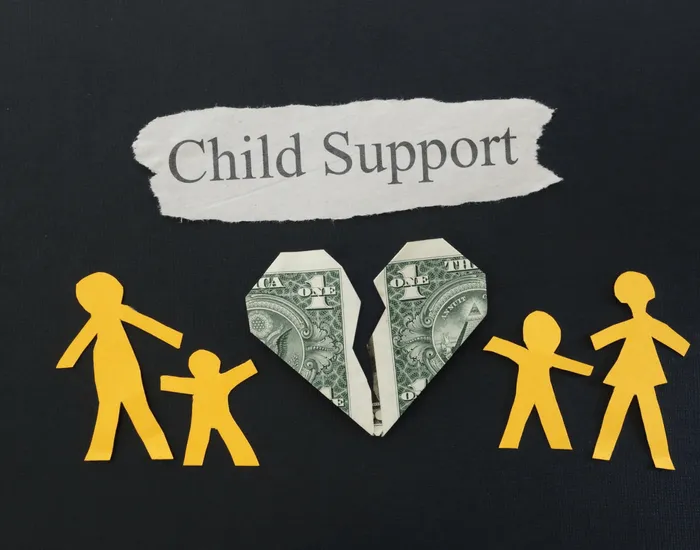APRIL 11, 2017
5 Reasons You Might Need a Legal Paternity Test

When deciding between a peace-of-mind paternity test and a legal paternity test, it’s essential to consider what you need the results for. Too many new parents hurry and do an at-home paternity test, thinking the results can be used for legal purposes—but the truth is courts won’t accept those results. Why? Because there’s no way to prove that the samples submitted for testing really belonged to the people whose names are on the report.
With a legal paternity test, results are accepted by the court, because an independent, qualified third-party witness (also known as a DNA Collector) supervises the DNA collection process from beginning to end, including checking participant IDs, witnessing the handling of cheek swabs, completing paperwork, and mailing samples to the lab. That way, the court can be sure samples weren’t fraudulently tampered with. Here are the top 5 reasons why people need to get a legal, chain-of-custody test.
CALL FOR A FREE CONSULTATION#1 Reason for a Legal Paternity Test: Child Custody and Child Support
When a couple is unmarried at the time of the child’s birth, a legal relationship between the alleged father and the child must be established before any kind of child-support or child-custody arrangement is approved by the court. If the couple was married at the time of conception or birth, then the man is automatically considered the father by the legal system and a legal paternity test may not be required.
#2 Reason for a Legal Paternity Test: Immigration
Traditionally, a detailed paper trail was needed to confirm a biological relationship for immigration purposes. Now, governments recognize the positive benefits of DNA testing in the immigration process and accept legal test results as proof of biological relationship. Although maternity and paternity are the most frequent choices for immigration DNA testing, the test can also be done for siblings and grandparents.
CALL FOR A FREE CONSULTATION#3 Reason for a Legal Paternity Test: Inheritance Rights
When someone passes away, they sometimes leave behind inheritance questions that must be answered in order to properly settle an estate. In order for a possible heir to establish inheritance rights, a legal paternity test—or a maternity test, depending on the situation—may be the best way to confirm their claim of a biological relationship, especially if that relationship is in dispute or was not automatically validated by the parents’ marriage. A high-profile example of this is the recent set of legal paternity tests DDC conducted to help settle the Prince case.
#4 Reason for a Legal Paternity Test: Death Benefits
Money or belongings are not the only assets a deceased person may leave behind for his or her heirs. Heirs may be entitled to Social Security benefits or a life-insurance payout. In these cases, the insurance company or government may order a legal paternity test (or maternity test) to ensure claimants share a biological relationship with the deceased. The process is much simpler than trying to locate and provide paper documentation.
#5 Reason for a Legal Paternity Test: The Need to Know our Roots
If a person is adopted or was conceived through the aid of a donor, the urge to make a biological connection with someone related through DNA can be extremely strong. Many of our lab’s customers are adults who have been searching far and wide for their birth-mothers or birth-fathers. When the adoptee finds a possible father or mother, they often turn to proof of relationship through DNA testing. Generally, these tests are for their own knowledge or peace-of-mind and don’t require a witness, but in some instances where benefits may be involved, a legal paternity test is needed.
Final Thoughts about this Test
No matter the reason for needing one, the validated science and affordability of a legal paternity test have made this relationship-establishment tool available to more people than ever before. When selecting a provider, it’s important to select a trusted, accredited lab like DDC to perform the testing. Because the consequences of this test are far-reaching, it’s something that shouldn’t be left to chance.
About DNA Diagnostics Center (DDC)
DNA Diagnostic Center is the world leader in paternity and relationship testing. We serve healthcare professionals, government agencies, and individuals around the world to determine family relationships with trusted accuracy.
More Questions? Don’t hesitate to call us: we’re here to help!
CALL NOW




